
Seattle mom sues Trump to stop travel ban and bring her son home
WAAGACUSUB:-
When we sat down at a community center in the Seattle suburbs, Juweiya Ali wore a headscarf and a long, modest dress. She pulled photos of her son out of her purse. He now lives with his grandmother, halfway around the world, in Somalia.
"Isn't he just the cutest thing?," Ali cooed. "He looks a lot like his dad. He is just so sweet."Ali eventually returned to the U.S., hoping to bring her family with her. But that's been a long process. She submitted the last piece of paperwork on January 20 — the same day as President Trump's inauguration.
"So it went from feeling like everything was getting close to being done to, it stopped," Ali said. "Like, what do you mean, it stopped? It was heartbreaking."
Trump's travel ban order prevented thousands of refugees and visa holders from coming to the U.S. It drew legal challenges across the country, arguing that the ban discriminates against Muslims — courts have now put it on hold.
Support comes from
The Northwest Immigrant Rights Project had many clients affected by the ban, but only a handful joined its lawsuit.
"Many were very reluctant, because they already are so concerned about what's going to happen," said Matt Adams, the group's legal director. "And the idea of taking on the federal government and challenging their actions might seem even more daunting."
The Project is accustomed to taking on the federal government. It was already in a dispute with the Department of Justice because it gives immigrants free advice but doesn't necessarily represent them in court.
But Juweiya Ali didn't hesitate. She's now the lead plaintiff in Ali vs. Trump.
"I just felt like it was unfair," Ali said. "I felt like I'm no different than anyone else here. That I shouldn't have to suffer, that my family shouldn't have to suffer."
The administration argues that a pause on visas for immigrants from Somalia and five other countries is necessary to protect national security. At a hearing in March, the Justice Department's lawyer, Chad Readler, questioned whether any of the plaintiffs would be harmed.
"The three-month pause is unlikely to have much if any effect on most of the applicants," Readler said. "None of them under the current system are eligible even to come to this country. Most of them have a number of steps in front of them still."
Ali's son is still waiting for an interview at a U.S. consulate, the last step before he gets a visa. Even though the ban is on hold, the Trump administration is issuing fewer visas. Ali says it's hard to explain all this to her son when they video chat.
"I can hear that in his voice, and I can see that in his eyes, the confusion," Ali said. "But I just tell him, hey, it's gonna be alright. It's going to be fine. And that's all that I can really tell a 7-year-old."
Driving around her old neighborhood, Ali talks about how Seattle has changed since Trump's election. How she gets dirty looks and comments at the grocery store, which never happened before. Ali said she felt powerless, until she was asked to join the lawsuit.
"That's why it felt like this was a straight yes when I got asked," she said. "Because that was gonna give me some kind of power over the situation, I felt. Like I'm doing something."
Ali v.Trump is moving forward while appeals courts decide whether to extend lower court orders blocking Trump's travel ban. Whatever happens, Ali says she sleeps better knowing she's doing all she can to bring her son home.

By Joel Rose
When President Trump signed an executive order banning travelers from six majority-Muslim countries, a 24-year-old mom from suburban Seattle joined several states and immigrants' rights groups in suing to stop it.
Juweiya Ali is fighting to bring her 7-year-old son to the U.S. from Somalia. Ali was born in Somalia but she grew up here, and became a U.S. citizen. In high school, she traveled to Somalia with her mother to reconnect with their culture. That's where she met her future husband, and they had a son.
When we sat down at a community center in the Seattle suburbs, Juweiya Ali wore a headscarf and a long, modest dress. She pulled photos of her son out of her purse. He now lives with his grandmother, halfway around the world, in Somalia.
"Isn't he just the cutest thing?," Ali cooed. "He looks a lot like his dad. He is just so sweet."Ali eventually returned to the U.S., hoping to bring her family with her. But that's been a long process. She submitted the last piece of paperwork on January 20 — the same day as President Trump's inauguration.
"So it went from feeling like everything was getting close to being done to, it stopped," Ali said. "Like, what do you mean, it stopped? It was heartbreaking."
Trump's travel ban order prevented thousands of refugees and visa holders from coming to the U.S. It drew legal challenges across the country, arguing that the ban discriminates against Muslims — courts have now put it on hold.
Support comes from
The Northwest Immigrant Rights Project had many clients affected by the ban, but only a handful joined its lawsuit.
"Many were very reluctant, because they already are so concerned about what's going to happen," said Matt Adams, the group's legal director. "And the idea of taking on the federal government and challenging their actions might seem even more daunting."
The Project is accustomed to taking on the federal government. It was already in a dispute with the Department of Justice because it gives immigrants free advice but doesn't necessarily represent them in court.
But Juweiya Ali didn't hesitate. She's now the lead plaintiff in Ali vs. Trump.
"I just felt like it was unfair," Ali said. "I felt like I'm no different than anyone else here. That I shouldn't have to suffer, that my family shouldn't have to suffer."
The administration argues that a pause on visas for immigrants from Somalia and five other countries is necessary to protect national security. At a hearing in March, the Justice Department's lawyer, Chad Readler, questioned whether any of the plaintiffs would be harmed.
"The three-month pause is unlikely to have much if any effect on most of the applicants," Readler said. "None of them under the current system are eligible even to come to this country. Most of them have a number of steps in front of them still."
Ali's son is still waiting for an interview at a U.S. consulate, the last step before he gets a visa. Even though the ban is on hold, the Trump administration is issuing fewer visas. Ali says it's hard to explain all this to her son when they video chat.
"I can hear that in his voice, and I can see that in his eyes, the confusion," Ali said. "But I just tell him, hey, it's gonna be alright. It's going to be fine. And that's all that I can really tell a 7-year-old."
Driving around her old neighborhood, Ali talks about how Seattle has changed since Trump's election. How she gets dirty looks and comments at the grocery store, which never happened before. Ali said she felt powerless, until she was asked to join the lawsuit.
"That's why it felt like this was a straight yes when I got asked," she said. "Because that was gonna give me some kind of power over the situation, I felt. Like I'm doing something."
Ali v.Trump is moving forward while appeals courts decide whether to extend lower court orders blocking Trump's travel ban. Whatever happens, Ali says she sleeps better knowing she's doing all she can to bring her son home.

By Joel Rose



 0
0 
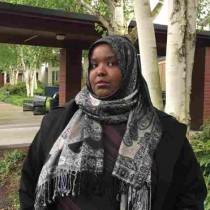




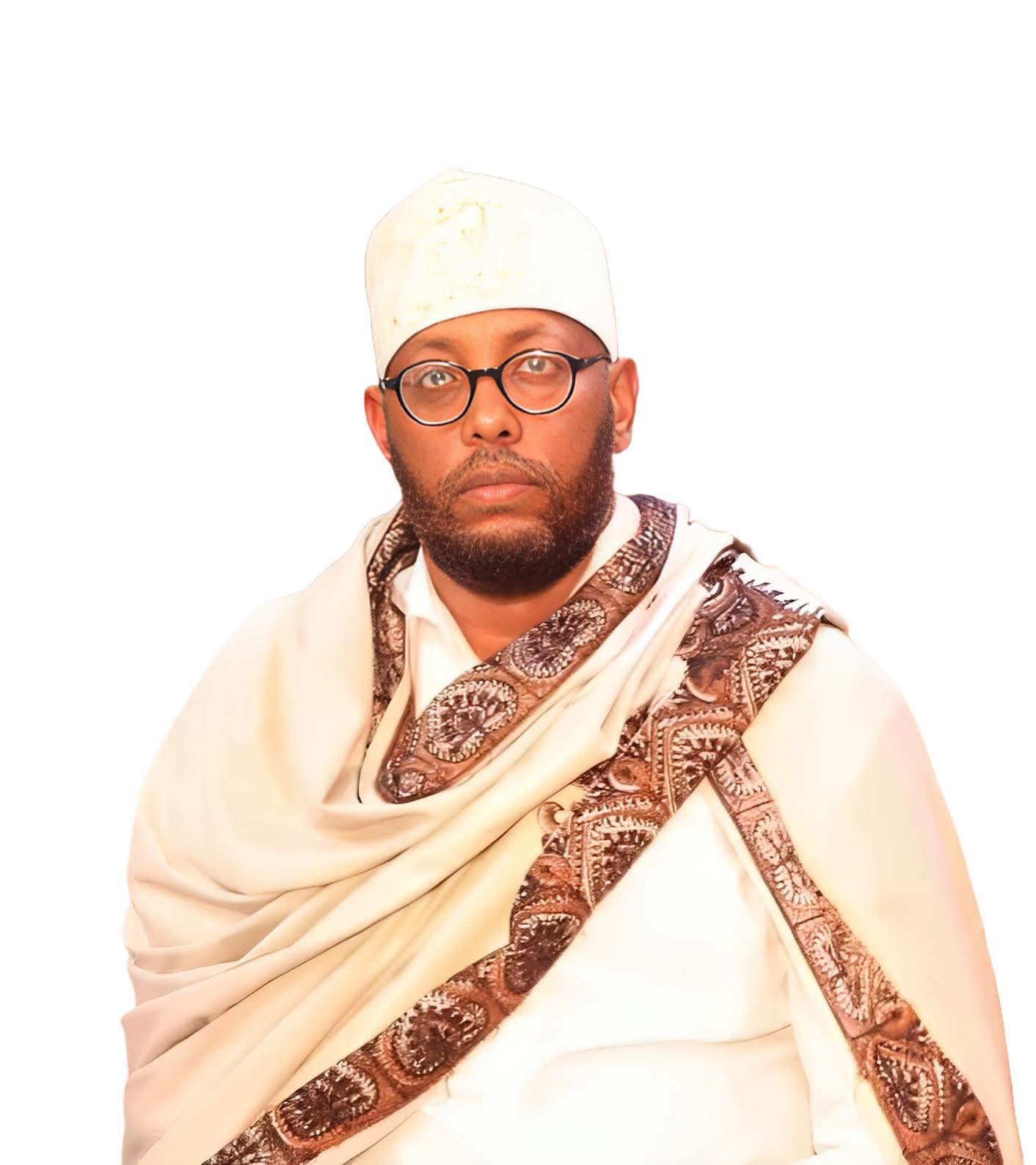
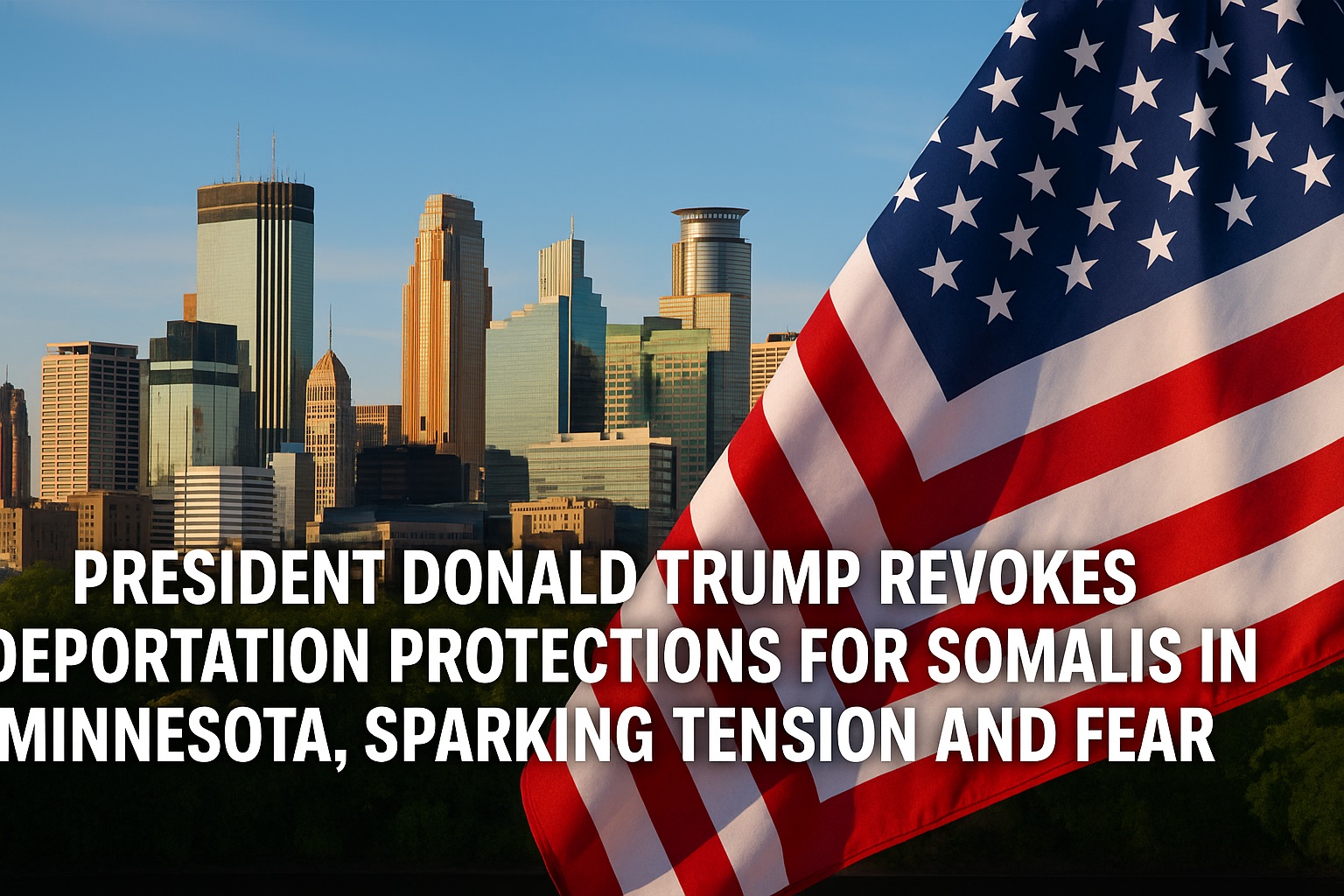



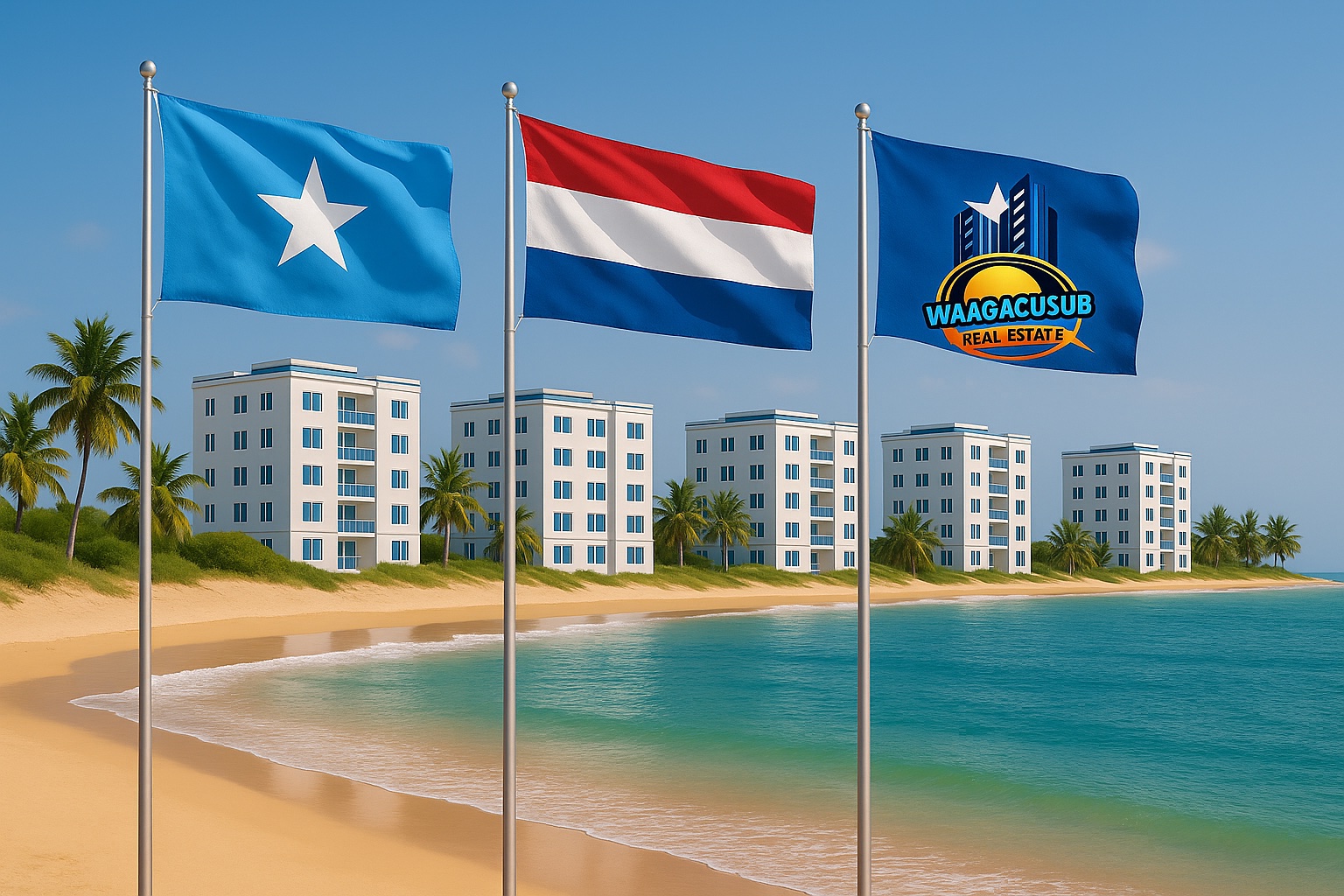
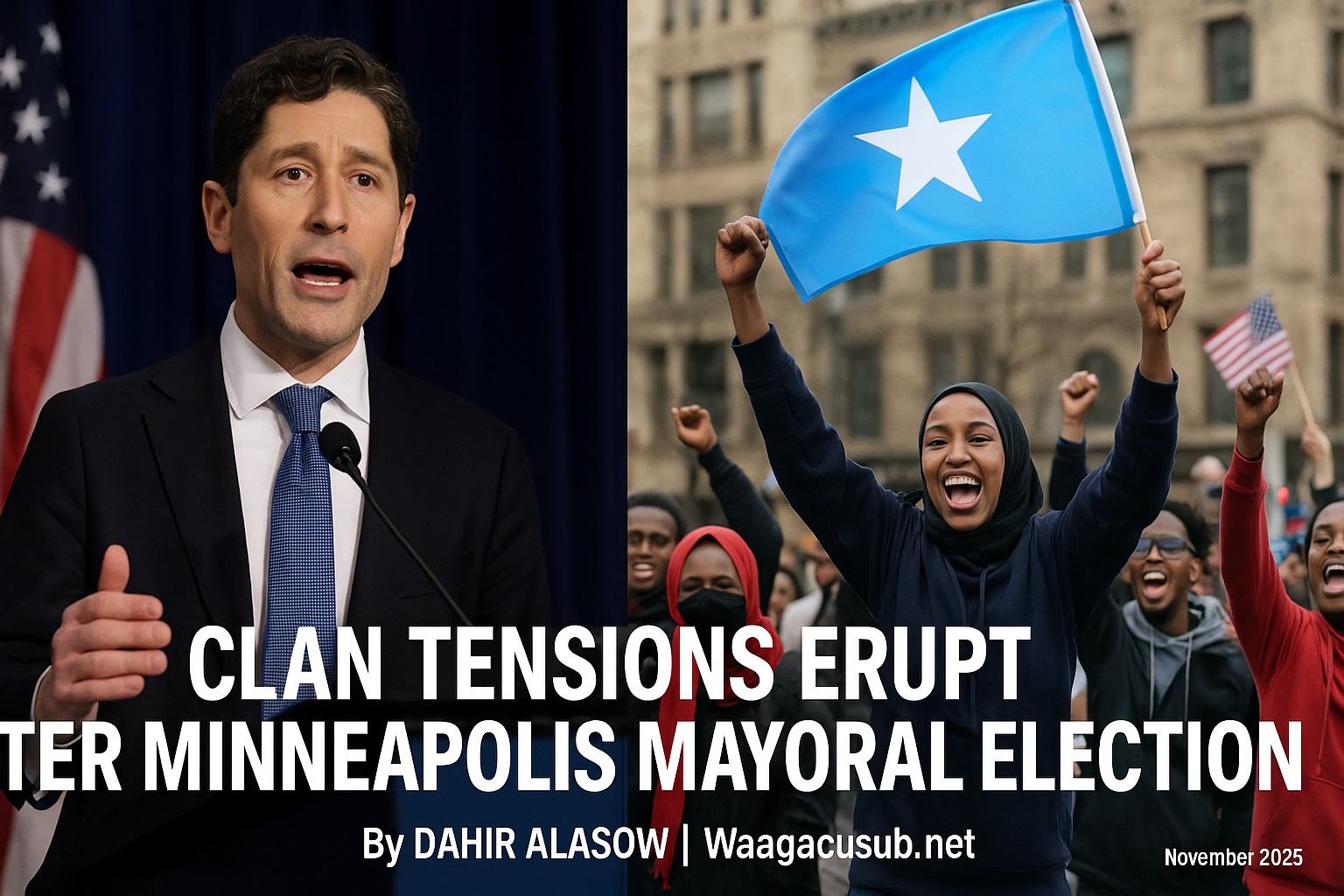


Seattle mom sues Trump to stop travel ban and bring her son home
WAAGACUSUB:-